Abdel Halim Hafez
In the very beginning, Abdel Halim worked as a teacher of music at schools in Tanta and El-Mahalla El-Kubra. While singing in clubs in Cairo, Abdel Halim was drafted as a last-minute substitute when the singer Karem Mahmoud was unable to sing a scheduled live radio performance in 1953. Hafez Abdel Wahab, the supervisor of musical programming for Egyptian national radio, heard Abdel Halim's performance. Abdel Halim took 'Hafez', Abdel Wahab's first name, as his stage surname to recognise his patronage.
In the early days of his career, Abdel Halim was rejected for his new singing style. However, he persisted and was able to gain accolades later on. Eventually, he became a singer enjoyed by all generations. He also became Egypt's first romantic singer.


In collaboration with composer Mohammed Abdel Wahab, Abdel Halim went on to produce many popular love songs such as Ahwak ("I adore you"), Nebtedi Minen el Hekaya("Where should we start the story"), and Fatet Ganbena( "She passed by us"). Hafez also worked with Egyptian poet Mohamed Hamza on songs including Zay el Hawa ("It feels like love"), Sawah ("Wanderer"), Hawel Teftekerni ("Try to remember me"), Aye Damiet Hozn ("Any tear of sadness"), and Mawood ("Destined").
He was very popular and always performed in sold-out arenas and stadiums during his career. He rarely released a studio album despite his popularity since he worked purely as a live singer. He also played many different instruments, including the oboe, drums, piano, oud, clarinet and guitar. He was involved in all aspects of the composition of his songs. Halim introduced many new instruments to the Arab World. He was known for his deep passion in his songs and unique voice. Halim performed in almost every country in the Arab World and outside the Arab World, including several concerts in Europe. Moreover, he sang uplifting patriotic songs for not only his native Egypt where he dedicated the super majority of his patriotic songs but also there are some few songs dedicated to other countries in the Arab World such as Lebanon, Syria, Tunisia, Algeria and Morocco during their revolutions and wars. He used to encourage and help many young artists and actors to pursue successful careers. The Mazzika Group acquired his entire catalogue in the early 2000s.

In Egypt, Halim is known as the "King of Music", "The Son of Nile", "The voice of the people", "The son of the revolution", and "King of emotions and feelings". His patriotic songs were the most frequent songs the crowds sang during the Egyptian Revolution of 2011. One of the revolutionaries in the Egyptian Revolution of 2011 quoted that "the nightingale's songs inspired us during the January 25 revolution", he added, "Although he died 35 years ago, his songs will surely continue to inspire his fellow Egyptians for many generations to come". His albums and CDs have sold more copies since his death than any other Arabic artist ever. His way of singing, the popularity of his songs and his behaviour made him a role model for almost every modern singer in the entire region. Egyptians and Arab of all ages are fans of Halim. Halim is still remembered in the hearts of many people, even years after his death.
Some of Halim's most popular songs are:
- "Ahwak" (I adore you),
- "Ala Ad El Sho'" (As much as the longing),
- "Ala Hesb Wedad" (Wherever my heart leads me),
- "Betlomooni Leih" (Why do you blame me),
- "El Massih" (Christ),
- "Fatet Ganbena" (She passed by us),
- "Gabbar" (Arrogant),
- Gana El Hawa" (The mood struck us),
- "Sawwah" (Wanderer),
- "Maw'ood" (Destined),
- "Zai El Hawa" (Like love),
- "Qari'at Al Fingan" (The coffee fortune-teller), his last song while alive
- "Habibati Man-Takoon" (My Love, Who Is She), released posthumously







